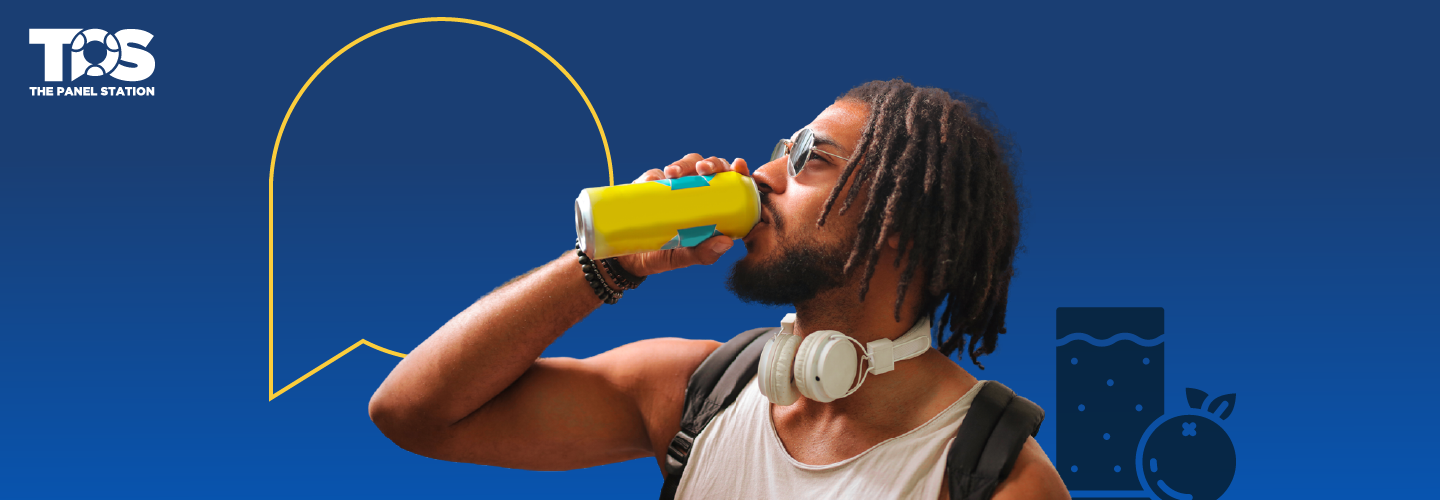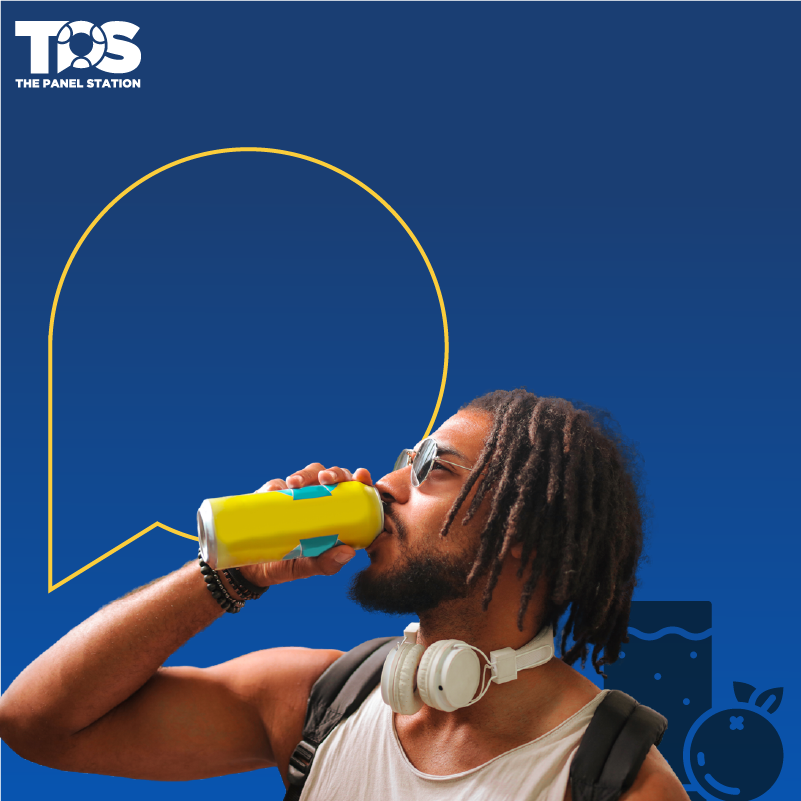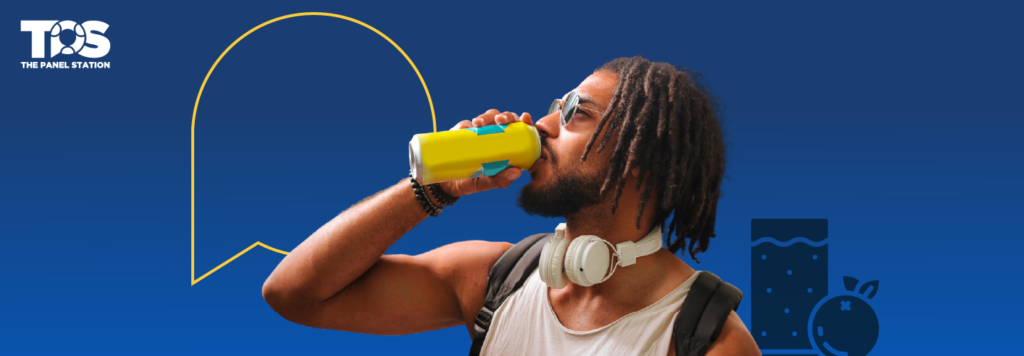

Dash Water’s “Wonky Fruit” Truth
What a “cute sustainability” story reveals about price, identity, and the gap between caring and paying
There’s something instantly likeable about the idea.
A lemon with a strange curve. A cucumber with a zigzag body. Fruit that would have been rejected for looking “wrong,” turned into something polished enough to sit on a café table and in an Instagram frame.
But there’s a quieter question hiding behind the cute word “wonky”:
When sustainability costs more, do people still choose it, or do they choose the cheaper version of feeling good?
We analysed opinions of 181,765 people, exploring willingness to pay for imperfect produce, what drives sparkling water purchases, and how much the “wonky fruit” story actually influences behavior.
Now, it’s your turn!
1. People agree with the idea, but they don’t want the bill
Most people aren’t confused about the concept. In fact, 89% agree that wonky fruit helps reduce food waste.
And yet, when asked to pay more for imperfect produce, the mood changes fast: 75% say they would not pay extra. Only 2% would pay more than 20% extra.
That contrast is not hypocrisy. It’s reality. People can believe in the principle and still protect their budget.
Why this matters:
Sustainability is widely approved, but it is not widely funded.
Here’s a question for you!
2. Most purchases are made on taste and price, not ideals
When people choose sparkling water, the decision is refreshingly blunt: 44% buy based on taste, 38% on price, and only 4% say the wonky-fruit story influences them.
That single 4% matters because it punctures a myth. A sustainability narrative might make a brand memorable, but it is rarely the decisive reason people reach into their wallet.
Why this matters:
A good cause can win attention. Flavor and price win repeat behavior.
Quick question!
3. “Sugar-free” is a stronger motivator than “food waste”
In the hierarchy of what people prioritise, health cues beat sustainability cues. 60% say sugar-free drinks are very important, while 23% are relaxed about it and 17% would prefer the sweeter option.
So for many buyers, the product’s strongest “permission slip” isn’t ethical. It’s personal: sugar, calories, and how it fits into daily habits.
No Data Found
No Data Found
Why this matters:
A good cause can win attention. Flavor and price win repeat behavior.
What’s your take?
4. The wonky story works more as identity than as utility
Only 20% were familiar with the wonky fruit concept before this brand. That means the narrative is doing real work, even if it is not driving purchase for most.
It’s helping people learn a new idea, and giving them a vocabulary for it. “Wonky” becomes a friendly label for a serious issue. It turns something uncomfortable, waste, into something shareable.
Here’s the gentle challenge:
Sometimes what people buy is not the product. It’s the version of themselves the product allows them to be.
No Data Found
No Data Found
Why this matters:
Modern brands often sell identity signals. The can becomes a small public statement
What do you think?
5. The real tension is not imperfection. It’s fairness
If the fruit was going to be wasted, people naturally ask why the final product feels premium.
That skepticism shows up in the numbers: people support the idea (again, 89%), but resist paying extra (75%). This is less about refusing sustainability and more about questioning the pricing logic.
Not every buyer is cynical. Many are simply asking for a sustainability model that feels fair, not performative.
Why this matters:
Trust is fragile in ethical branding. Price can feel like proof, or like a contradiction.
Now, it’s your turn!
What these opinions suggest is not that people don’t care.
It suggests that caring is becoming normal, but paying extra for caring still feels optional, and sometimes unfair. The wonky fruit story has cultural value. It makes waste talkable. It makes imperfection acceptable. It makes ethics look light enough to carry.
But the everyday purchase is still ruled by taste, price, and personal benefit.
Here’s a question for you!
FAQ's
1. Do people support the idea of using wonky fruit to reduce waste?
Yes. 89% agree that wonky fruit helps reduce food waste.
2. Will most people pay extra for imperfect produce?
No. 75% say they would not pay extra for imperfect produce, even if it reduces waste.
3. How many people would pay a big premium for wonky produce?
Very few. Only 2% would pay more than 20% extra.
4. What drives sparkling water purchases the most?
Taste (44%) and price (38%) lead. The wonky fruit story influences only 4%.
5. Is “sugar-free” important to buyers?
Yes. 60% say sugar-free drinks are very important, while 23% are indifferent and 17% prefer sweeter drinks.
6. Were people familiar with “wonky fruit” before seeing it used in branding?
Not widely. Only 20% were familiar with the wonky fruit concept before this brand.
About Author : Soneeta
A bookworm at heart, traveler by soul, and a sports enthusiast by choice. When she is not exploring new places, you’ll find her curled up with her pets, binge-watching movies. Writing is her forever sidekick. Soneeta believes that stories are the best souvenirs you can collect. Basically, she is fueled by books, adventures, and a whole lot of pet cuddles.
